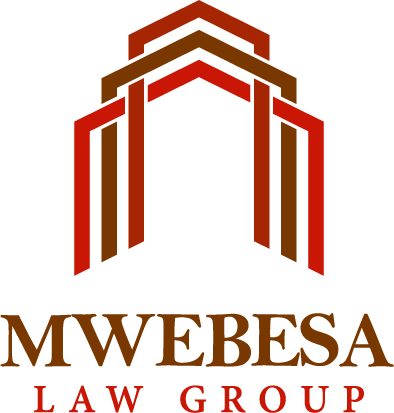In our initial episode, we initiated our journey through Tanzania’s anti-counterfeit legal land- scape by revealing the fundamental pillars of these vital rules. We unraveled the Merchandise Marks Act, Act No. 20 of 1963, and its complementary regulations, the Merchandise Marks Regulation of 2008 and the Merchandise Marks (Amendments) Regulation of 2010. Moreover, we demystified key terms, from “Counterfeit goods” to “Protected goods,” forming the building blocks of comprehension.
As we step into our second episode, we’re venturing even deeper, unveiling the prohibited actions that are guarded by these laws. This profound insight isn’t just a shield for businesses but also for individuals, ensuring they stand on the right side of the law, free from potential repercussions. Now, let’s uncover the restrictions and sanctions imposed by Tanzania’s anti-counterfeit laws.
So, what does the law restrict?
- Ownership, Possession, and Control of Counterfeit Goods: The possession, owner- ship, or control of any counterfeit goods is strictly prohibited. This includes goods that bear unauthorized trademarks or intellectual property rights.
- Manufacturing and Production of Counterfeit Goods: Engaging in the manufacture, production, or creation of counterfeit goods is illegal. This encompasses the unautho- rized replication of protected products.
- Sale, Hire, Barter, or Exchange of Counterfeit Goods: Selling, renting, bartering, exchanging, or offering for sale any counterfeit goods is against the law. This prohibition extends to any form of commercial transaction involving such goods.
- Display and Exhibition of Counterfeit Goods: Revealing counterfeit goods in any trade or commercial environment is strictly forbidden. This encompasses actions such as physically affixing the trademark or description to the goods, packaging, labels, reels, or other items employed in the sale, trade, or manufacturing of the goods. It also extends to combining the goods with any items bearing a trademark or description or utilizing a trademark, mark, or trade description in a manner that could mislead others into associating the goods with that particular mark or description.
- Distribution of Counterfeit Goods: Distributing counterfeit goods, whether for profit or other purposes, is a violation of the law.
- Ownership or Possession of Counterfeiting Tools: Owning, possessing, or being in control of any tools, devices, or equipment used for counterfeiting, such as dies, blocks, or machines, is strictly forbidden.
- Import and Export of Counterfeit Goods: The import, export, transit, or transshipment of counterfeit goods, including those with forged trademarks, false names or initials, or misleading trade descriptions or trademarks, is primarily unlawful, whether within or beyond Tanzania’s borders. Additionally, it’s imperative that the importation of goods featuring trademarks or trade descriptions indicating a location different from their actual place of origin includes a clear display of the correct country of origin or manufac- turing location to comply with the law.
- Application of False Trade Descriptions: Falsely describing goods in any manner is against the law. This includes any misrepresentation of the quantity, quality, origin, or other characteristics of the products.
- Disposal of Counterfeit Goods: Disposing of counterfeit goods in any other manner not explicitly authorized by the law is prohibited.
- Website and Electronic Network Restrictions: Operating websites or electronic networks displaying counterfeit goods or copyright-infringing materials is prohibited.
- Media Advertising Prohibitions: Advertising or assisting in the advertisement of coun- terfeit goods through any media is expressly disallowed.
- Compliance with these regulations is essential to prevent legal consequences and protect your business interests. Stay tuned for our next episode, where we will delve deeper into the sanctions and penalties associated with violating anti-counterfeit laws in Tanzania. Under- standing the legal landscape is the first step toward ensuring your brand’s authenticity and safeguarding consumers.
Authors

Cris B. Mwebesa
Managing Partner & Advocate

Fredy J. Sanga
Senior Associate & Advocate

